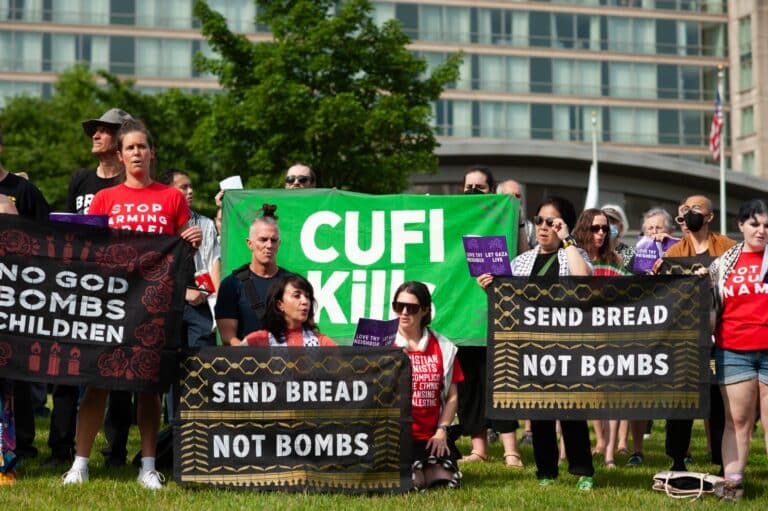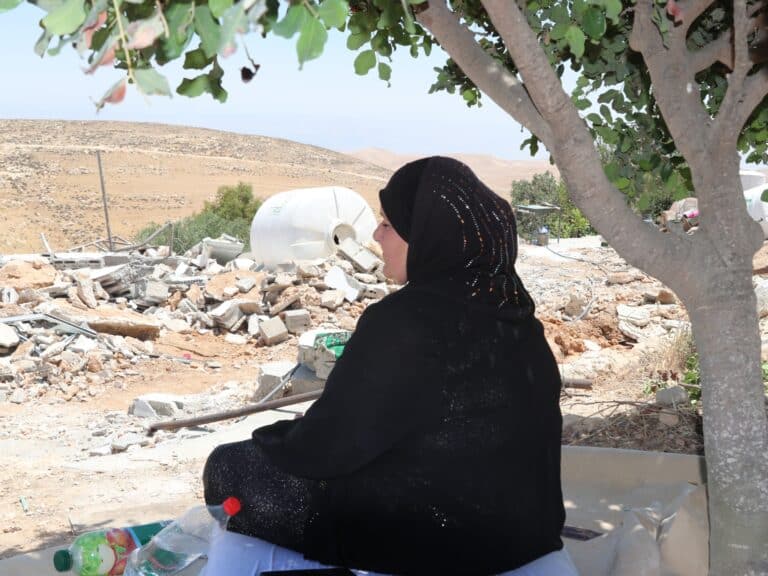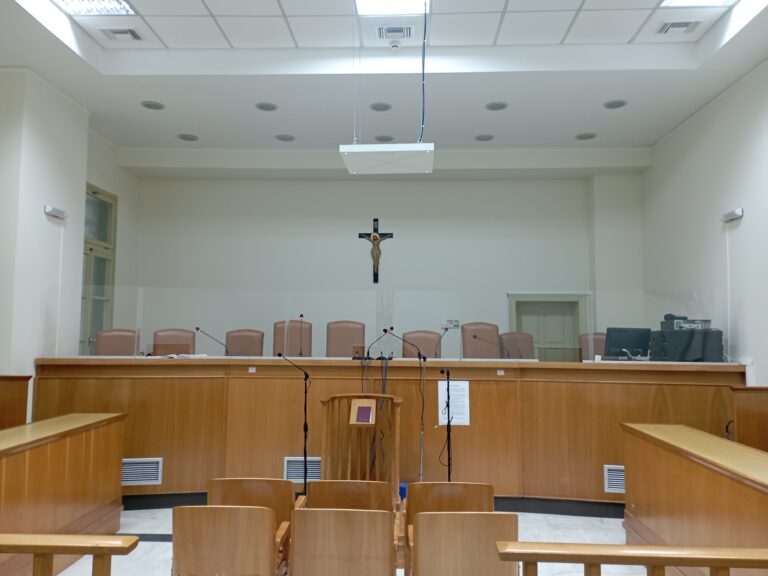by David Hovde
Ismail Abdulla worked as a driver in Suleimaniyah for a retired leader in the government. On 17 February 2011, people began to demonstrate in the city’s Azadi Square against corruption in the Kurdistan Regional Government’s ruling parties.
Along with thousands of others, Ismail went daily to the square, becoming one of the regular speakers on the stage. He continued working, but started to receive many threats and a salary cut. A high government official called him and asked him to stop speaking from the stage, offering him a new apartment if he obliged. Ismail said he would not sell himself or his beliefs. He recorded the conversation, played it from the stage, and gave it to a local TV station.
By 19 April, the security forces ended the demonstrations. They used tear gas on the crowds and burned down the stage. Ismail went into hiding. When the ruling parties began talking to the opposition groups, he thought it was safe to come out.
Late in the evening on 26 May 2011, Ismail went to the supermarket with some friends. As he returned to his car, eight men in ski masks grabbed him, covered his head, and beat him with their guns. They forced him into a car and drove for about 30 minutes, then stopped and beat him some more.
One of the men got a phone call, then said, “Don’t kill him. ” At that point, one of the men broke Ismail’s nose. They cut him with knives on his arms and back and warned, “If you ever get involved in demonstrations again, we’ll kill you.”
Ismail responded, “If there was a demonstration right now, I’d do it again.” Then one of the men broke Ismail’s finger. He lost consciousness. His attackers then drove him about twenty-five kilometers outside the city, and dumped him.
A month later, Ismail’s health is improving. He had surgery to fix the bones in his nose. Government authorities and security officials talked with him, assuring him the investigation of his abductors will continue. Ismail says they either do not know who did it, or they are lying.
“The people come out into the streets peacefully,” Ismail says. “The government forces come out with violence. We don’t want to become like Syria. We don’t want violence and civil war.”



